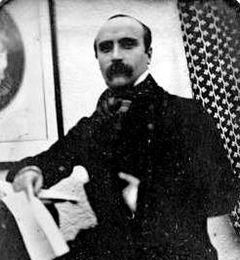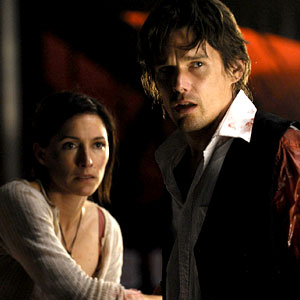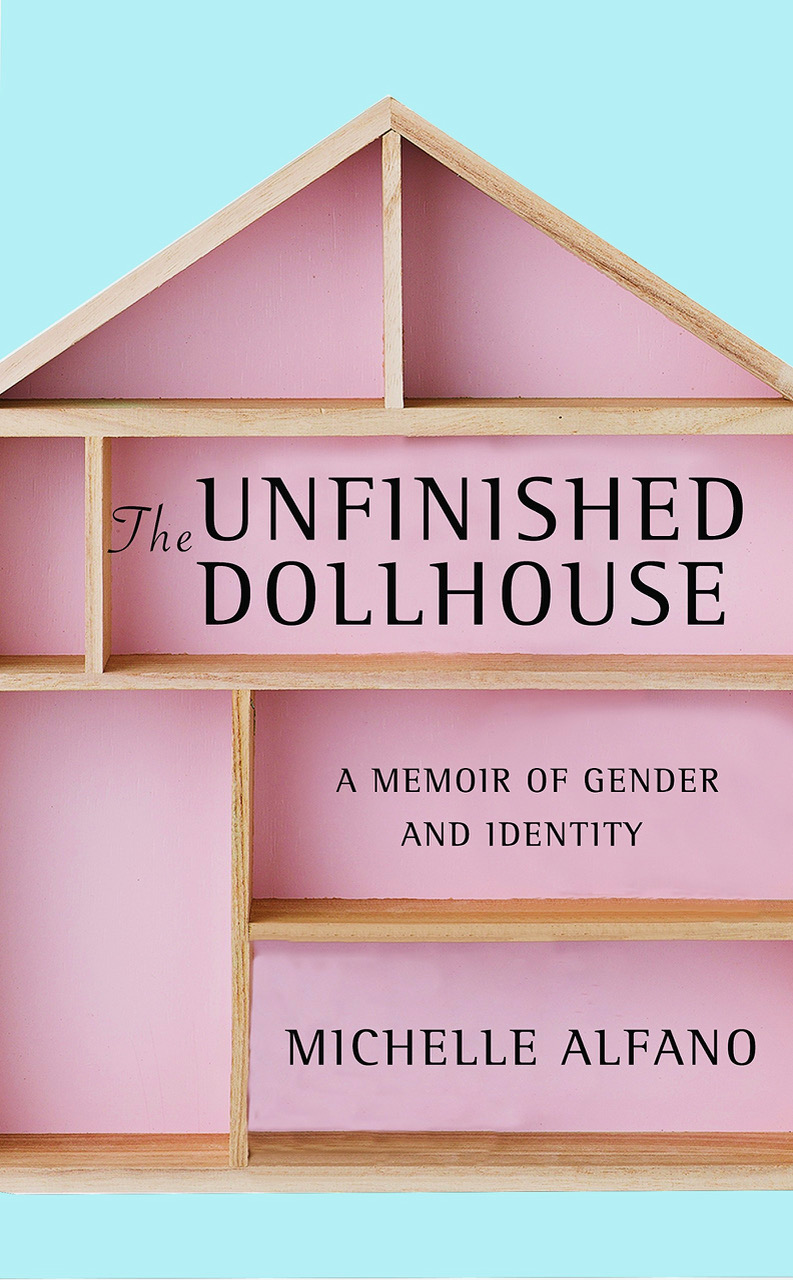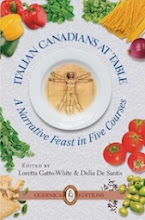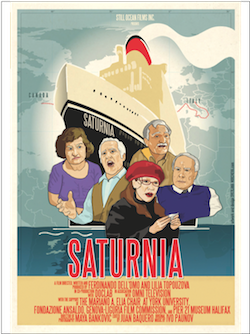 |
| Talkin' 'bout Jesus in the kitchen... |
R has to go to a viewing for his uncle who just passed away a few days ago up in the upper reaches of Scarborough on this icy night. I'm in a cranky mood because... I don't know... I am just not feeling the Christmas spirit this year for some reason.
The materialism is really irking me. I love getting together with the family. I love decorating the tree and making the house more Christmasy but the gift giving is getting to me. R and I have reached a point where we have so much stuff we honestly don't know what to get each other. When things like umbrellas and belts start showing up on people's wish lists haven't we pretty much gone as far as we can go with this?
My good friend D. is not scheduled to work tonight so it is just little old me.There must be something in the air because at least a dozen people don't show up for their shift. Not a good situation for the shift supervisor or the other people on shift. It is a full house tonight - at least 60 people I would estimate. The Elvis impersonator is back to serenade the troops with a disturbing new shade of auburn in his hair and a not so cheerful look. And, oh no, he is playing Blue Christmas...
I am assigned to table number three. Four people sit down at my table. That's great for me - as the table seats eight. I serve the first course: turkey vegetable soup for four. I bring four bowls. There is always pride before the fall... When I get back to the table there's a new face. I get him a soup, then there is another new face, then another, then another. For a total of eight. Now that's a party...
One young man at my table attracts my attention. He is a light-skinned young black man, very nice looking, who is trying to catch my eye. When he does, he asks me if I am "mixed". I say, "No, next best thing: Italian." "From what part?" he asks. "Sicily," I say. "I thought so, you look like my sister," he says sweetly. Why sir, I'm blushing...especially as I could be your, ahem...older sister.
Two places over, we have caught the attention of a man and a woman who are eating together. The man says, "She's Sicilian." and points to his partner. She nods shyly. And I see, yes, the face of a paesana. That surprises me somewhat. But why? Because I don't imagine anyone who looks like me eating in a church hall for the homeless? I don't imagine that she foresaw she'd ever be doing that either.
When I go back to the serving station to get the main course (meatballs in sauce with mashed potato and mixed veg) I am still musing out loud to myself. I say, "There's a girl over there who's Sicilian..." "Are you?" asks P, the food server. "Yeah!" "So am I!" he responds. What are the chances folks? P is from Dalia, a village perhaps forty miles away from my parents. He has a warm, friendly face and I often see him here.
The last person to join my table is a Lady of Indeterminate Sexual Attributes - let us call her Lisa. She sounds like a woman; she looks like a woman but she has facial hair which is throwing me off a bit. She is also a little manic. When Lisa asks for milk I check in the kitchen and am told we don't have enough to serve as a complement to the meal and can only serve it with coffee or tea. No problem for Lisa she just (I suspect) keeps asking me to refill the little milk dispenser and draining it.
And Lisa doesn't like the meal, she wants cake, like now. I can't oblige her until the kitchen is ready but she asks for it repeatedly. Politely, of course, but she is truly plucking my last nerve as it proves to be a hectic night.
In the kitchen, some young Christian girls are talking about Jesus...really? Really. There are distinct groups here: happy Anglo Christians, the quiet Asian Christians, the teenagers who have community involvement or religious obligations to fulfill and the Riverdale do-the-right-thing mom/offspring duos like J and I. I have to say the happy Christians unnerve me a bit but I guess I (we) should just be grateful that there are people like this who are willing to give up their time so gracefully to do this on a Friday night and approach it with a positive attitude unlike myself. But most people here are kind and courteous and that goes a long way for me...
I serve the cake with ice cream - carrot cake or orange flavored cake. It seems to be a hit. The table slowly clears. I am assigned tables one to four to wipe down and disinfect. A young man helps me - which I am grateful for. I saw him talking to "The Professor" earlier and when the professor left, he thanked the young guy for chatting with him. I have not achieved the casual banter bit. I am still too self-conscious. I feel I am smiling too much to make up for my inner grumpiness. The ever smiling get on my nerves - by all means be pleasant but really, is this a happy occasion for the guests? Eating in a church hall because you don't have enough money to buy your own?
The setting up of mattresses goes smoothly...we are soon finished and exactly on time. The shift coordinators are very efficient in designating final tasks.
I am soon on my way home but in a somber mood. When I reach my street and try to cross at the crosswalk some young fool almost cuts me off on his bike. I take exception to this and loudly tell him so - he calls me a name associated with dogs - I tell him to go forth and procreate. Merry Christmas buddy!
Hey, I don't claim to be a nice person, I just play one on TV.

